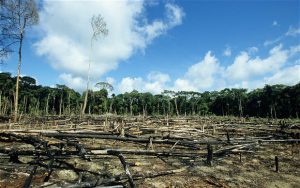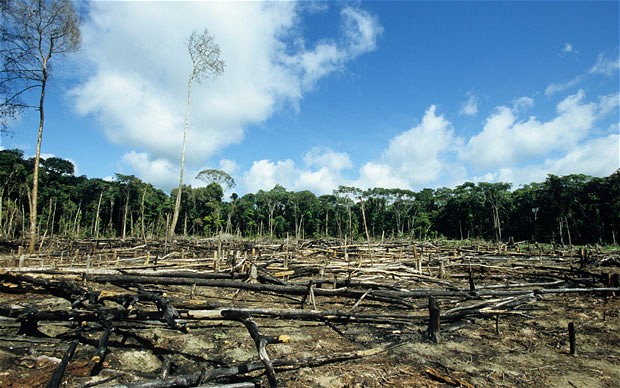Here’s what passes for humor in the climate movement sometimes: emailing one of my colleagues a few months ago, in the midst of some strategic questions about a new campaign, I said oh, well, if we get it wrong it’s not like it’s the end of the….
Oh.

It’s not helpful to think of the work in this way too often, of course — it would be paralyzing. It’s also not true; in a wildly complex system with countless actors, one month’s failure by one group, examined and metabolized, might lead to a meaningful success months later, possibly by a different group. But an awkward, unavoidable truth remains: if we here in Seattle get the right pieces moving in the right ways, while others across the world do the same, and if what we do inspires still others and it all alchemizes in the right way, we may be able to preserve a great deal more than currently seems likely. For this to come together, it must happen swiftly and in as many places as possible, so that our successes are visible — and thus known to be possible — in many different landscapes.
So a far greater mistake than assuming our own importance is assuming that our efforts — yours and mine — aren’t important: aren’t, in fact, utterly necessary. The whole world has to aim, however uncertainly, at transformation, and that means that all of us must engage with that transformation in any way that we can. If we all go on as normal for even the next few years — going to work and doing our jobs, spending the weekends with our families and friends — it’s all but certain to result in the end of the world as we know it, quite possibly in my lifetime, and certainly in the lifetime of anyone under twenty.
Read more: Medium




